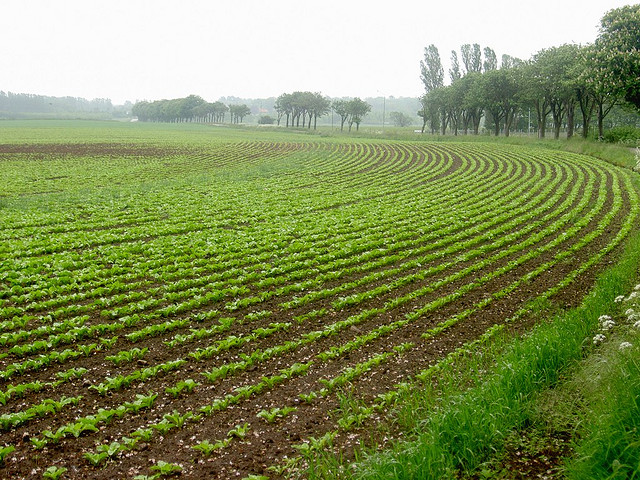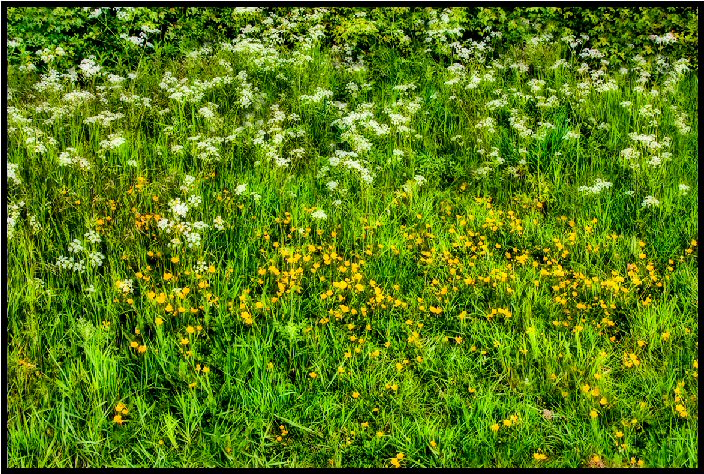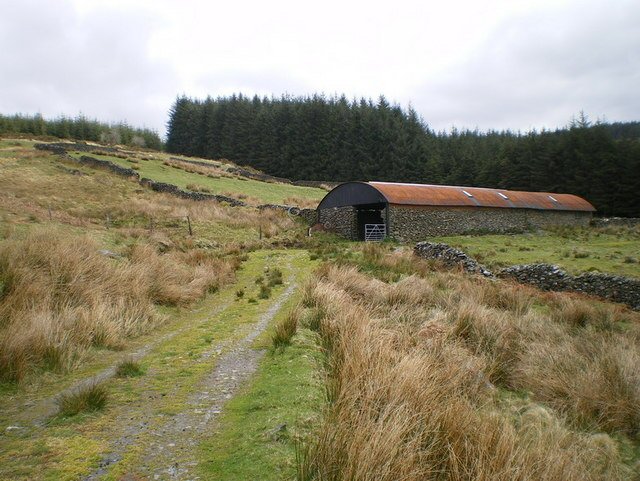The Commission’s legislative proposals for the CAP after 2013 published in October 2011 include no proposal to continue the sugar production quota regime. An intense struggle is underway between EU sugar producers who want an extension to the quota regime and sugar users who support the Commission’s proposal. We review the political debate in this post.
Opponents of sugar quota elimination
The European Committee of Sugar Manufacturers (CEFS) (here and updated here) accepts that quotas will end in the long term, but supports the continuation of the quota system until 2020 rather than 2015. It argues that the EU sugar industry has actively engaged and invested to further improve its competitiveness and efficiency since the 2006 reform of the sugar CMO.… Read the rest
Where stand the MFF negotiations on the CAP?
This post reviews the state of play regarding the MFF (multi-annual financial framework) negotiations in relation to the CAP budget and review of the CAP regulations post-2013.
The MFF negotiations take place in the General Affairs Council (GAC) attended by member states’ European Ministers or Secretaries of State on the basis of a ‘negotiating box’ paper drawn up by the Danish Presidency. This paper outlines the main elements and options for the MFF negotiations. It is updated as the negotiations move forward, and forms the basis for an agreement of the European Council. Once an agreement is reached, its content feeds into the legislative work on the different acts.… Read the rest
Achieving green growth in EU agriculture
In one month’s time the Rio+20 international conference on sustainable development will take place with a focus on the ‘green economy’ and environmental governance. Green growth is the pursuit of economic growth and development, while preventing environmental degradation, biodiversity loss and unsustainable natural resource use.
The European Commission has launched several initiatives under the Europe 2020 strategy to boost the green economy. A key aspect of this strategy is the Roadmap for a resource-efficient Europe, which sets out a strategic framework for the efficient use of natural resources in Europe. Other initiatives include the OECD’s horizontal strategy for Green Growth, while the UNEP recently introduced its Green Economy Initiative.… Read the rest
Silence please: The second act has just started on greening
Latest evidence shows that negotiations on greening have moved to their second stage. Since 12 October 2011, numerous critiques have arisen regarding the greening proposals criticised as ineffective and overly-restrictive for farmers. As a response to these, the European Commission proposed making some farming practices ‘equivalent’ to the three greening measures last Tuesday. Practically, this means that farmers who are members of certain agri-environment and certified national schemes could be exempt from at least one greening measure. Moreover, the definition of ‘permanent grassland’ are proposed to be widened to include other grazing areas and farms of less than ten hectares could be exempted from certain requirements like diversifying crops.… Read the rest
Delivering environmental benefits through agri-environment schemes
The ‘big idea’ in the Commission’s legislative proposals for the reform of the CAP post-2013 is greening, to be implemented by requiring all farmers in receipt of the basic payment to adopt three measures – crop diversification, ecological focus areas and the maintenance of permanent pasture – as appropriate. While there is a broad acceptance that the CAP should focus more on environmental objectives, there is still huge debate on the size of this shift and on the efficacy and relevance of the Commission’s proposals.
One of the main criticisms from member states has been the inflexibility of the proposals which are designed in a ‘one size fits all’ manner (for example, see the recent speech by UK Minister Caroline Spelman on the Commission’s greening proposals).… Read the rest
Who needs the Basic Payment Scheme?
A Basic Payment Scheme (BPS) is about to replace the SPS and the SAPS from 2014, therefore payment entitlements obtained under SPS shall expire on 31 December 2013. Under the new BPS, entitlements will be allocated to farmers who apply for it by 15 May 2014 and if he/she has either activated at least one payment entitlement under the SPS in 2011 or claimed support under the SAPS. If lacking such a status, a farmer will need to either make an application to the national reserve or rely on the contract route. Moreover, if a farmer transfers any entitlement before 2014, they have lost the right to make any further transfers.… Read the rest
The greying of Europe's farmers
Problems in the generational transfer of farms have been a focus of EU agricultural structures policy since the 1990s and in individual member states for an even longer period. Europe’s farmers are getting older, and the shortage of ‘new blood’ entering the industry is frequently seen as a problem requiring a policy response to correct.
The ageing of the agricultural population results from a combination of two things: a reduced rate of entry by new young recruits, and a reduced rate of retirement or exit by older farmers. This is taking place in the context of a long term reduction in the agricultural labour force in EU countries.… Read the rest
The greying of Europe’s farmers
Problems in the generational transfer of farms have been a focus of EU agricultural structures policy since the 1990s and in individual member states for an even longer period. Europe’s farmers are getting older, and the shortage of ‘new blood’ entering the industry is frequently seen as a problem requiring a policy response to correct.
The ageing of the agricultural population results from a combination of two things: a reduced rate of entry by new young recruits, and a reduced rate of retirement or exit by older farmers. This is taking place in the context of a long term reduction in the agricultural labour force in EU countries.… Read the rest
Why no “Green Revolution” in new Member States?
Competitiveness and innovation in the agriculture of new Member States before EU accession can be assessed as relatively poor. In a part of the area, the situation even resembled the situation in developing countries. In the parts where a certain level of development was achieved, i.e. closer to the Central Europe part of EU, extreme structural deficits were perceived. There was an obvious need for a development policy that would support restructuring and enable a new development cycle of agriculture.
Strong RD funding for modernisation of farms
Comprehensive European resources from the pre-accession and accession rural development funds were thus of great help.… Read the rest
Court of Auditors wants clearer objectives for post-2013 CAP reform
The European Court of Auditors is best known as the watchdog of the reliability and legality of the EU’s accounts. In its special reports it often undertakes an assessment of specific areas of Union activity, and it has published various reviews of specific aspects of agricultural expenditure over the years.
It can also submit opinions at the request of one of the other institutions of the Union, and it has just released an opinion on the Commission’s legislative proposals for the CAP post-2013 announced in October 2011.
The opinion focuses on whether and to what extent the Commission’s legislative proposals remedy weaknesses already identified by the Court following its audits.… Read the rest








